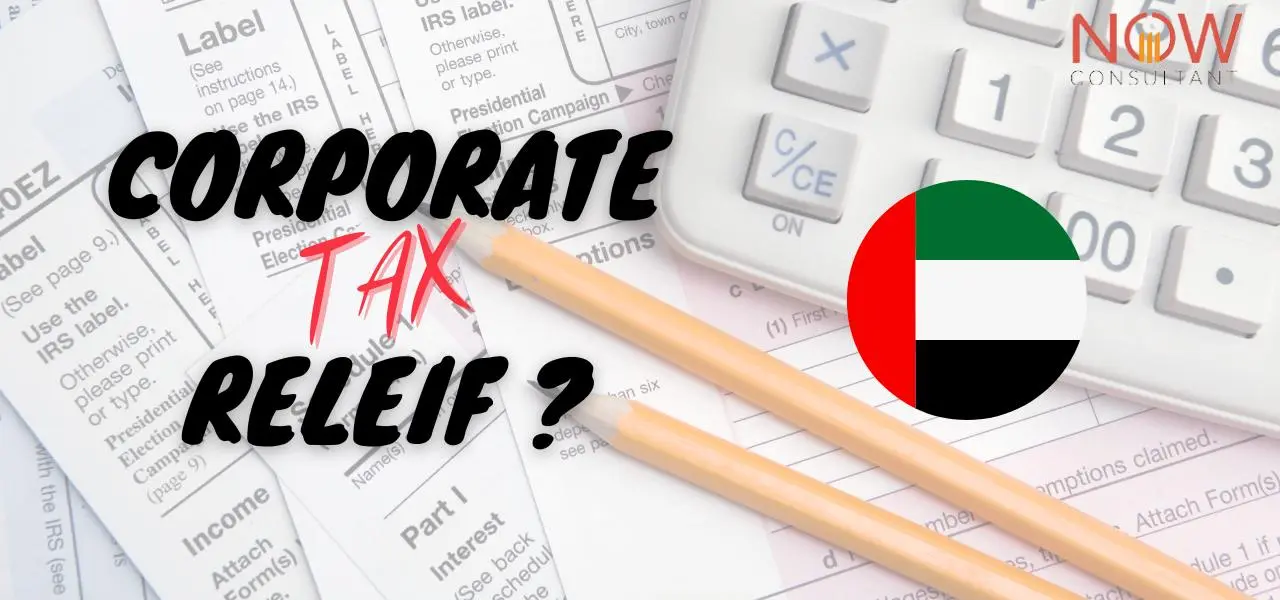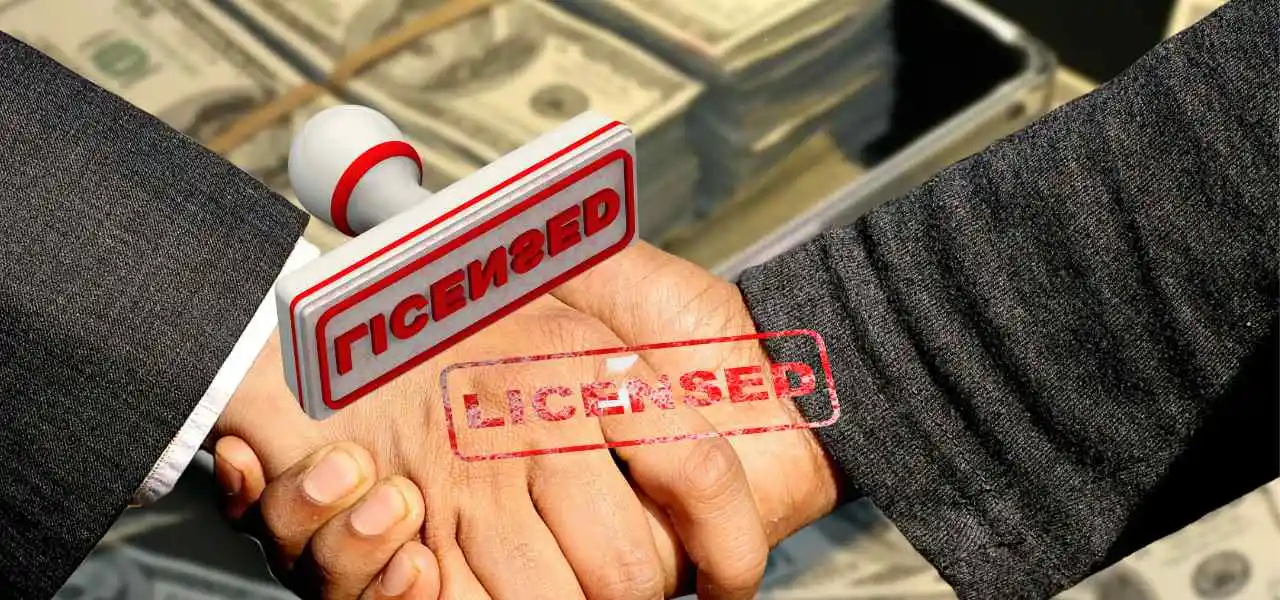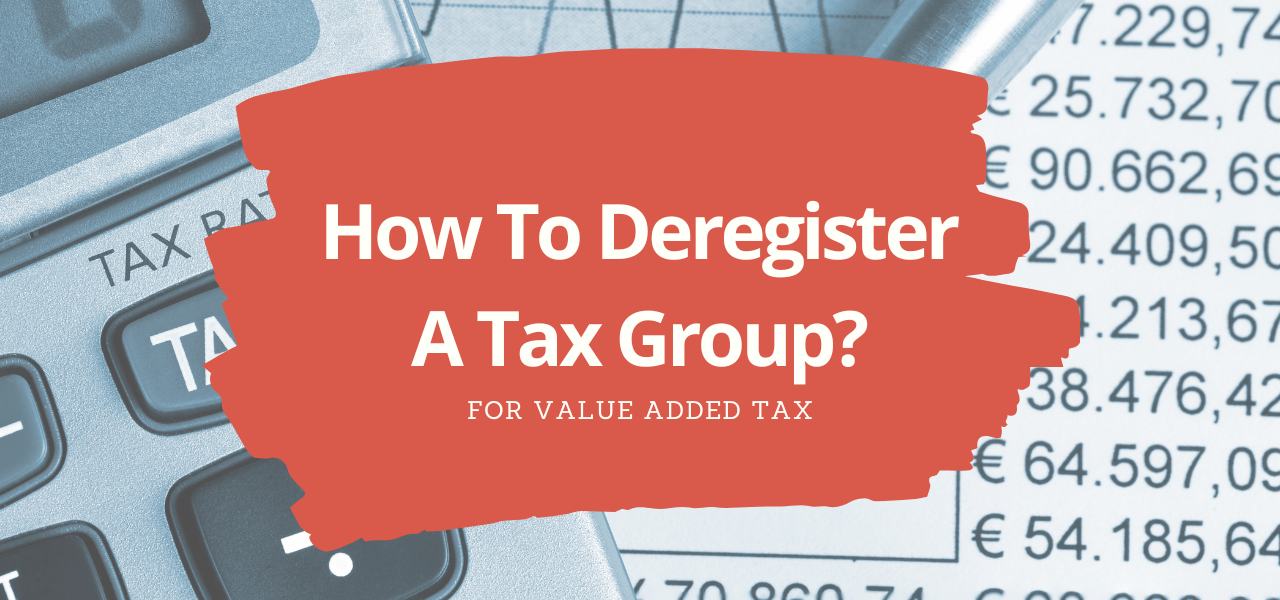UAE’s New Tax Law to Support Start-Ups and Micro Businesses
Corporate tax relief for small businesses is a discussion of great interest to entrepreneurs and small business owners in the UAE. It refers to tax policies that provide relief or exemptions to small businesses from paying corporate taxes. Recently, the UAE Ministry of Finance announced the issuance of Ministerial Decision No. 73 of 2023 on Small Business Relief for the country’s new corporate tax regime.
“المالية” تصدر قراراً وزارياً في شأن تسهيلات الأعمال الصغيرة لأغراض قانون ضريبة الشركات
— وام الاقتصادية (@BusinessWam) April 6, 2023
Translation: “The Ministry of Finance issues a ministerial decision regarding small business facilities for the purposes of the corporate tax law“
The objective behind this resolution is to lend a helping hand to help small businesses and start-ups by reducing their taxes and making it easier for them to follow the rules. In this article, we will explore the details of the UAE Ministry of Finance’s announcement and how it affects small businesses in the UAE.
Overview of the Corporate Tax Law in the UAE
So, the UAE has recently implemented a new law called the Corporate Tax Law, which is aimed at regulating and taxing the profits of companies operating within the country. This law will be applicable to all types of businesses, including free zone entities and onshore companies.
The Corporate Tax Law is significant for businesses operating in the UAE as it introduces a new tax regime that businesses will have to comply with. This law will help to boost the country’s economy and provide more opportunities for growth and development.
However, for start-ups and small or micro businesses, complying with the new law can be quite challenging, as they may not have the necessary resources to manage their tax obligations. That’s where Small Business Relief comes into play.
Small Business Relief is essential for start-ups and small or micro businesses as it helps to reduce their corporate tax burden and compliance costs. This relief is intended to support such businesses and encourage their growth and development in the UAE.
Small Business Relief Scheme In Corporate Tax Law:
To be eligible for the scheme, a taxable person must be a resident of the UAE and have revenue in the relevant tax period and previous tax periods that is below AED 3 million for each tax period. This revenue threshold applies to tax periods starting on or after 1 June 2023 and ending on or before 31 December 2026.
The advantages of the Small Business Relief Scheme for eligible businesses are significant. Businesses that meet the revenue threshold can elect to be treated as not having derived any taxable income for a tax period, which means they may be exempted from tax. This can result in a significant reduction in corporate tax burden and compliance costs for these businesses.
Furthermore, eligible businesses that elect to apply for the Small Business Relief Scheme will be able to carry forward any incurred tax losses and any disallowed net interest expenditure from tax periods where they do not elect to apply for the scheme. This means that they can use these losses and expenditures in future tax periods when the relief is not elected.
In summary, the Small Business Relief Scheme is a valuable opportunity for eligible start-ups and small or micro businesses to reduce their corporate tax burden and compliance costs. By electing to apply for the scheme and meeting the revenue threshold and conditions for eligibility, businesses can take advantage of this relief and focus on growing their operations in the UAE.
Who is not eligible for Small Business Relief?
This requirement has two important exceptions:
- When a company belongs to a Multinational Enterprise Group (MNE). (MNEs are groups of businesses that conduct business in more than one nation and have aggregated revenues of more than AED 3.15 billion).
- If the company is a Qualifying Free Zone Person. (It is not eligible for Small Business Relief. 0% Corporate Tax is already available to Qualifying Free Zone Persons on their Eligible Income).
Revenue threshold:
- For the applicable Tax Period and all prior Tax Periods, an eligible Taxable Person’s Revenue must be less than or equal to AED 3,000,000 to elect Small Business Relief.
- If a Taxable Person’s Revenue exceeds AED 3,000,000, that Taxable Person will no longer be eligible to choose Small Business Relief.
Exclusions From Small Business Relief
The Small Business Relief scheme announced by the UAE Ministry of Finance has certain exclusions. Qualifying Free Zone Persons and members of Multinational Enterprises Groups (MNE Groups) are not eligible for this relief. Qualifying Free Zone Persons are those that are registered in a designated zone and carry out specific activities. MNE Groups are groups of companies with operations in more than one country that have consolidated group revenues of more than AED 3.15 billion.
The exclusion of these entities from the relief scheme implies that they will have to pay corporate tax as per the regular provisions of the Corporate Tax Law in the UAE. This exclusion may not have a significant impact on large companies as they are generally well-equipped to handle their tax obligations. However, it may affect small and medium-sized enterprises (SMEs) operating in the designated zones or as part of MNE Groups.
SMEs in these categories may face additional compliance costs and higher tax burdens as they are not eligible for Small Business Relief. The exclusion may also affect the attractiveness of these zones for businesses. However, it is important to note that the exclusion is in line with the general principles of taxation and aims to ensure that all businesses pay their fair share of taxes.
Carrying Forward Tax Losses and Disallowed Net Interest Expenditure
Under the Small Business Relief Scheme, eligible businesses are allowed to carry forward any incurred Tax Losses and any disallowed Net Interest Expenditure from tax periods in which the relief is not elected. This means that in future tax periods where Small Business Relief is not elected, businesses can use these carried forward Tax Losses and disallowed Net Interest Expenditures to reduce their tax liability.
This provision can be advantageous for businesses as it allows them to offset any losses they may have incurred in previous tax periods against future taxable income. This can help to reduce their overall tax liability and improve their cash flow. Additionally, it provides businesses with flexibility in managing their tax affairs, allowing them to make the most of available tax reliefs and allowances.
Anti-Abuse Rules In Corporate Tax Law
The anti-abuse rules refer to the prevention of businesses artificially separating their operations to take advantage of the Small Business Relief Scheme. For instance, if two or more companies are under common control, act as a single entity, and carry out business activities jointly to benefit from the Small Business Relief Scheme, such conduct is considered abusive.
The consequences of such abusive behavior include the denial of the Small Business Relief Scheme to the businesses involved, and they may also face penalties for attempting to abuse the system. It is important for businesses to understand and adhere to the rules to avoid any negative implications on their operations.
Wrapping Up:
In conclusion, the corporate tax relief scheme for small businesses in the UAE is a welcome move that will help to stimulate economic growth and create jobs. The relief will provide much-needed financial support to small businesses, which are the backbone of the UAE economy.
If you’re a small business owner operating in the UAE, it’s important to ensure that you’re taking advantage of all available tax relief options.
Now Consultant is a financial consultancy agency that specializes in helping businesses navigate the complex tax laws and regulations of the UAE. Contact Now Consultant today to see how they can assist you in optimizing your tax position and maximizing your savings.








